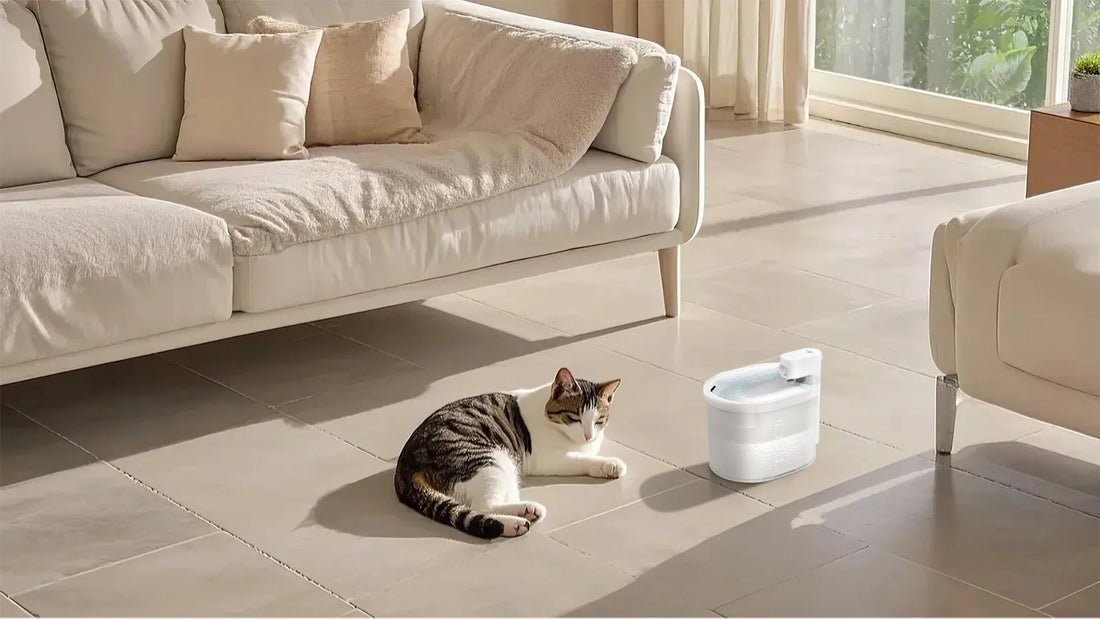Seeing your dog not drinking after surgery can be a cause for concern. Post-surgical care is critical for your pet's recovery, and hydration plays a vital role in this process. Understanding the reasons behind this behavior, the risks it poses, and how to address it can help you ensure your furry friend gets back on track.
Why Is My Dog Not Drinking After Surgery?
There are several reasons why your dog may refuse to drink water after surgery. One common cause is the lingering effects of anesthesia, which can leave your pet feeling disoriented, nauseous, or lethargic. Additionally, pain or discomfort from the surgical site may discourage them from moving to their water bowl. Stress and anxiety related to the surgery or the hospital environment can also contribute to a lack of interest in drinking.
Risks of Dehydration in Dogs After Surgery
Dehydration can be dangerous for any dog, but it is especially concerning after surgery. Proper hydration is essential for healing, as it helps maintain blood circulation, supports organ function, and aids in the elimination of toxins. If your dog is not drinking, they may become dehydrated, leading to symptoms such as dry gums, lethargy, sunken eyes, and loss of skin elasticity. Severe dehydration can even result in organ failure or other life-threatening complications.
How to Encourage Your Dog to Drink
If your dog is not drinking after surgery, there are several steps you can take to encourage them. First, ensure their water bowl is clean and filled with fresh water. Some dogs may prefer cool or slightly warm water, so experiment with the temperature. You can also try offering ice cubes or adding a small amount of low-sodium broth to the water to make it more appealing. If your dog is reluctant to move, place the water bowl closer to their resting area.
Monitoring Your Dog's Hydration
It's important to monitor your dog's hydration levels closely during their recovery. Check their gums for moisture and elasticity, and observe their urine output. If your dog is producing less urine or it appears darker than usual, this could be a sign of dehydration. You can also perform a skin tent test by gently lifting the skin on the back of their neck. If it does not snap back quickly, your dog may be dehydrated.
When to Seek Veterinary Help
If your dog continues to refuse water for more than 24 hours or shows signs of severe dehydration, it's crucial to contact your veterinarian immediately. They may recommend administering fluids subcutaneously or intravenously to rehydrate your pet. Additionally, your vet can assess whether there are underlying issues, such as infection or complications from the surgery, that may be affecting your dog's willingness to drink.
Preventing Dehydration During Recovery
To prevent dehydration during your dog's recovery, create a calm and comfortable environment that encourages them to drink. Keep their water bowl easily accessible and consider using a shallow dish if they have difficulty bending down. Offer water frequently and praise them when they drink. If your dog is on medication, ask your vet if it could be affecting their thirst and whether adjustments are needed.
Your dog's recovery after surgery depends on your attentive care, and ensuring they stay hydrated is a key part of the process. By understanding the reasons behind their reluctance to drink and taking proactive steps, you can help your pet heal faster and more comfortably. If you're ever in doubt, don't hesitate to reach out to your veterinarian for guidance and support.













